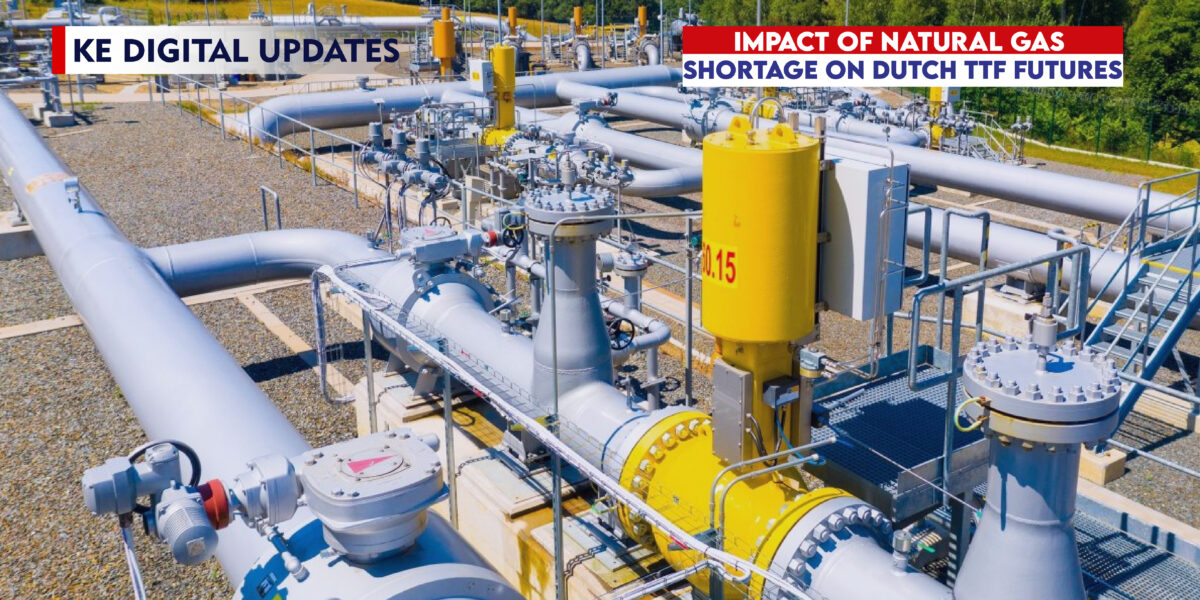Faith Birol, chief of the International Energy Agency (IEA), stated at Paris Energy Conference that it is understood who is behind the deliberate explosion of the Nord Stream 1 pipeline, which will aggravate the problem in winter 2023. Dmitry Peskov, a spokesperson for Kremlin, has denied linking the explosion with Russia. Discussion is still ongoing the fact.
Energy prices had increased by 28.5%. Dutch Title Transfer Facility (Dutch TTF) is a European natural gas market pricing center that shows an increase of 11% in natural gas futures prices.
EU has filled up the 88% of natural gas storage, but the problem is prevailing in the market. IEA warned that if the EU has 90% storage, it still needs to worry because it has no alternative resources to fill the storage houses.
Natural gas prices are higher in Europe at €200/MWh ($191.56/MWh), which is a big problem for energy-intensive industries. The iron and steel industry has a natural gas consumption of more than 7000 kilotons of oil equivalent (ktoe), and the non-ferrous metal sector’s consumption is nearly 4,000 kilotons of oil equivalent.
Gazprom has warned Europe it will halt the supply to Germany this winter. Poland has imposed sanctions on Gazprom exports, including freezing the financial and economic resources. The shortage will increase as China’s economy will boost after recovery from the Covid lockdown, and it will try to find an alternative measure for natural gas.
The European Steel Producers’ Association (EUROFER) has appealed to the EU’s energy ministers to take necessary measures in the conference going to be held on 30th September to control the energy crisis, which is causing production cuts, shutdowns of
the mills, and increase in unemployment. It is requested to remove the EBITDA means earnings before interest, taxes, depreciation, and amortization for timely aid to the energy-intensive industries. European governments have allocated €500 billion to offset the impact of the rise in natural gas and energy prices.
Strategies required to control natural gas prices are finding the best alternatives to limit gas consumption by switching the fuel from gas to coal, providing direct subsidies to affected industries, separating the natural gas prices from electricity prices, and having energy-efficient production methods.
The natural gas problem will also increase in Pakistan; it has more demand than supply. Pakistan’s policymakers need proper planning to overcome the situation. This winter will be a challenging season for the world to run businesses.
